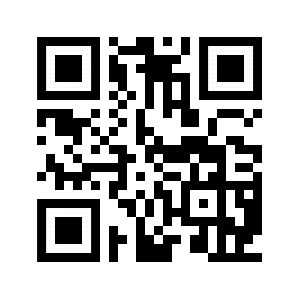|
Incidental vocabulary learning & academic vocabulary
Incidental vocabulary learning refers to learning words as a result of
reading, viewing or listening for pleasure, during which there is no explicit intention to
learn words, though words are often learned as a byproduct. This kind of learning is essential for second language learners, since the number
of words required for comfortable reading (8000-9000) or listening (4000) is too large to be learned through intentional study alone. Additionally,
repeated exposure to words is likely to build up detailed knowledge of form, meaning and use, including aspects such as collocation.
Recent research by Clarence Green, published in June 2022 in Language Learning & Technology journal, showed that
many academic (AWL) and technical (SVL) words can be learned through incidental vocabulary study. The research also provides a
tool to calculate how likely incidental learning of such words is,
given speed, amount of reading/viewing per day and how many months extended reading/viewing will take place.
For instance, with a moderate reading rate of 200 words per minute, AWL words such as found, final, job, couple, respond, ignorant, and area
could all be encountered at least 6 times within 4 hours of reading or 20 times within 13 hours of reading,
all easily manageable with 30 minutes of reading per day over the course of eight days (4 hours) to a month (15 hours).
Conversely, words such as intermediate, whereby, paradigm, empirical, concurrent, aggregate, and qualitative
would all need over 600 hours of reading to encounter them a minimum of 6 times,
in other words around 2 hours of reading per day for one year,
which may be more time than students of academic English have available during their course of study.
This tool provides students and teachers a way to understand which academic (AWL) and technical (SVL) items are likely to
be learned incidentally through an extensive reading/viewing programme, and which ones need more intentional study.
Read more: Incidental vocabulary learning
Try out the tool: Incidental learning tool
|





















